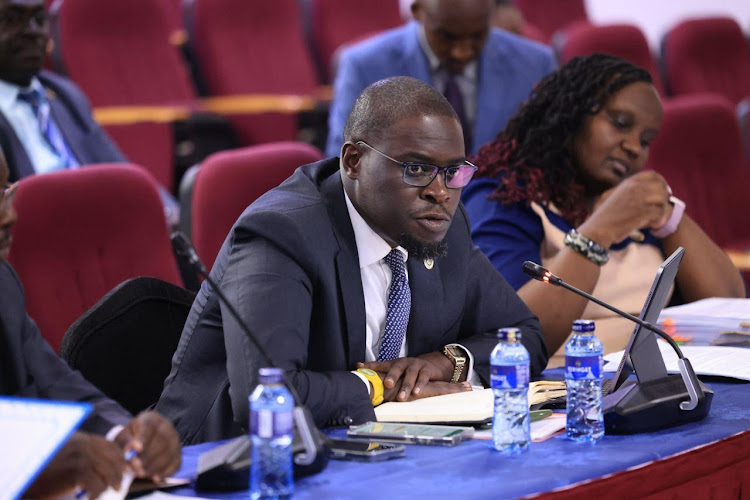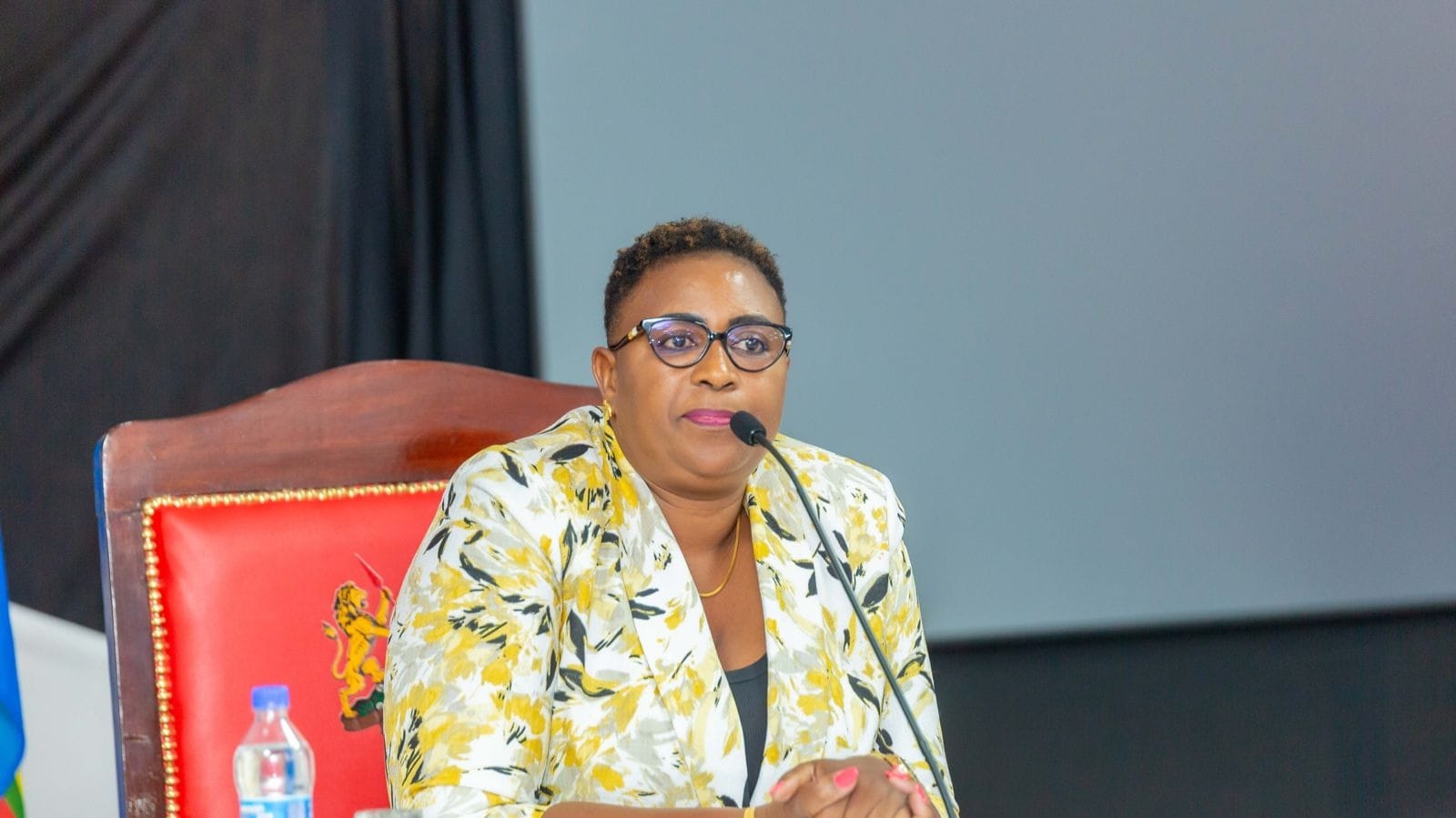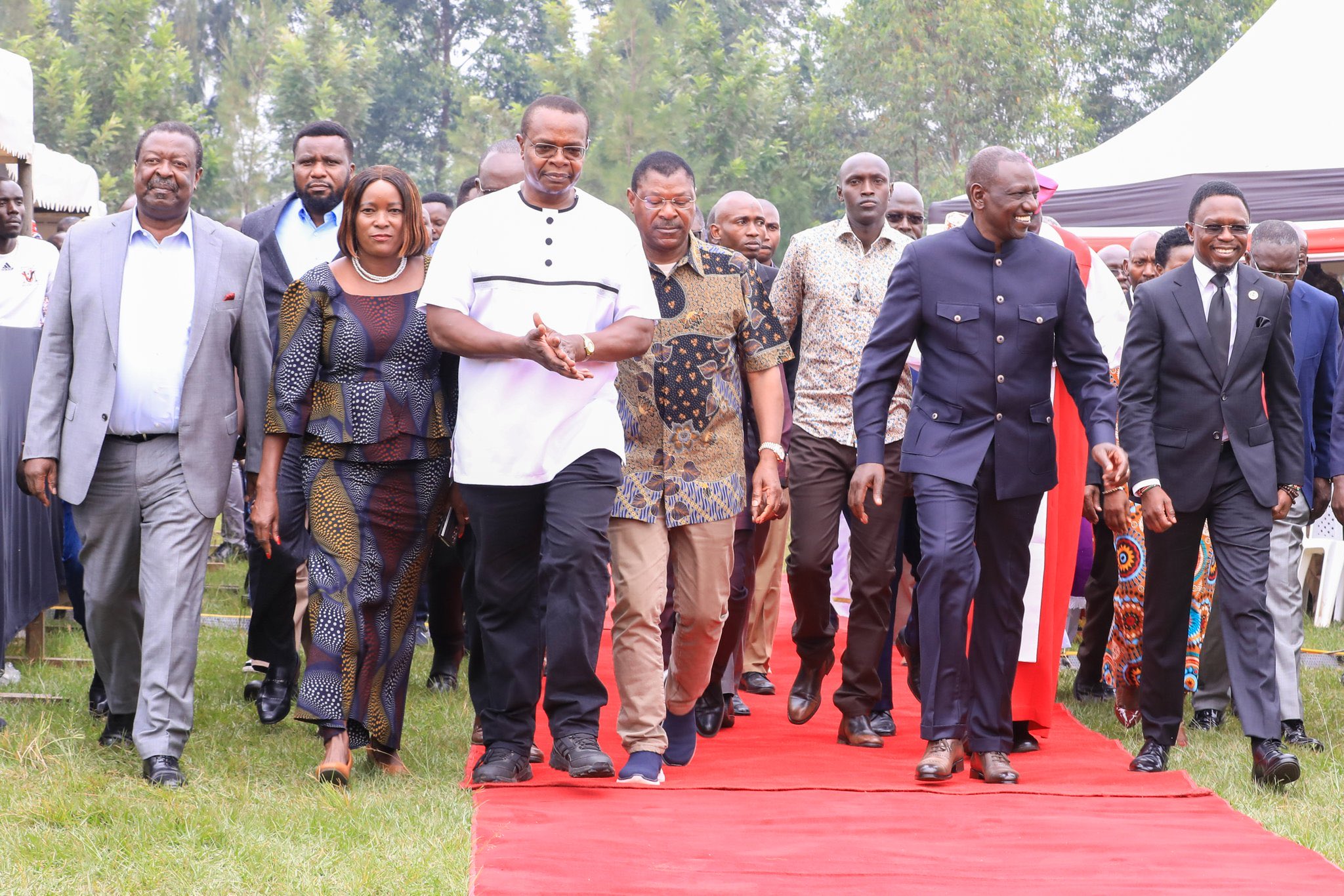New details have emerged regarding Nairobi Governor Johnson Sakaja’s decision to step back from testifying against Deputy President Rigathi Gachagua during the Senate impeachment trial. Sakaja’s absence from the proceedings yesterday sparked speculation, with sources suggesting that his decision was largely influenced by concerns about his own political future.
Sakaja, who won the Nairobi governorship with substantial support from voters from the Mount Kenya region, thanks in part to Gachagua’s pivotal campaign efforts, was reportedly advised by his political inner circle to remain neutral. His advisors warned that testifying could jeopardize his prospects for re-election in 2027, where retaining the backing of the Kikuyu electorate would be crucial.
While Sakaja was expected to be a key witness in the Senate impeachment trial, it later came to light that he was in Mexico City attending the Bloomberg CityLab 2024 summit as a keynote speaker.
Reports indicate that Sakaja faced a challenging political dilemma. He initially considered testifying, believing that, with the backing of the ODM party and its leader, Raila Odinga, he could secure re-election even without the support of Mount Kenya voters. However, after learning that Raila had already committed to backing Westlands MP Tim Wanyonyi as the ODM candidate for the 2027 gubernatorial race, Sakaja reconsidered. Understanding that Raila was unlikely to break this commitment, Sakaja chose not to alienate Gachagua, who had played a crucial role in his previous campaign.
Following extensive political discussions, Sakaja’s allies concluded that withdrawing from the impeachment proceedings was the best course of action. His absence from the Senate trial surprised many, including Gachagua’s lawyer, Ndegwa Njiru, who had earlier expressed his anticipation to cross-examine Sakaja on his X platform (formerly Twitter).
Sakaja’s political standing now hangs in the balance. While some in the National Assembly view him as a traitor, Gachagua’s allies regard him as loyal. However, if the impeachment motion succeeds, Sakaja’s political future could be at risk.
In an affidavit submitted earlier, Sakaja accused Gachagua of unlawfully interfering in Nairobi County affairs, particularly regarding the relocation of traders from Wakulima Market to Kangundo Road Market. He claimed that the Deputy President violated the principle of separation of powers by organizing public rallies that incited opposition against lawful county decisions.
Sakaja further accused Gachagua of using ethnic divisions to disrupt efforts to reorganize Nairobi’s traffic system, specifically the relocation of Matatu terminals. According to Sakaja, these actions undermined the county government’s authority and posed a threat to devolution in Kenya.





